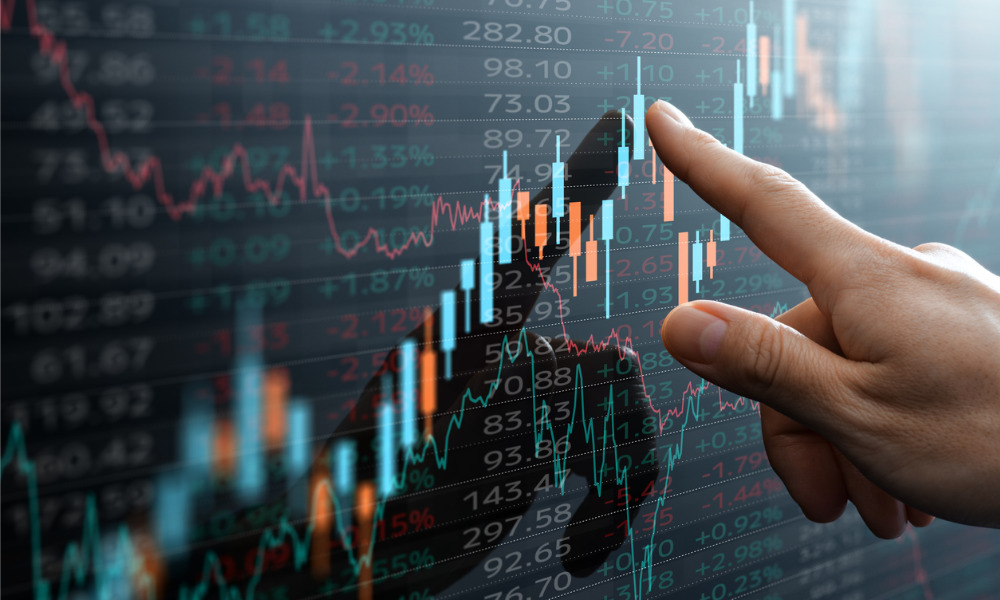

A proprietary index of retail investor stock positions and trading activity reveals an uptick in January compared to the previous month.
The Schwab Trading Activity Index rose slightly from 44.56 to 44.73 as the stock market rally enticed participation. However, this remains ‘moderate low’ compared to historical averages.
“Schwab’s clients were net buyers of equities in January,” said Joe Mazzola, Director of Trading and Education at Charles Schwab. “While exposure was still relatively low when viewed in a historical context, we saw that for the most part, our clients stayed in step with the market rally, finding opportunities to increase exposure in particular to the ‘Magnificent Seven’ companies as the new year began.”
But what was in the sights of the firm’s investors last month?
Big tech stocks continued to dominate with Tesla Inc. (TSLA), NVIDIA Corp. (NVDA), Amazon.com Inc. (AMZN), Microsoft Corp. (MSFT), and Advanced Micro Devices (AMD) among the most popular stocks bought by Schwab clients.
In contrast, the most sold stocks included Bank of America Corp. (BAC), Walmart Inc. (WMT), General Motors Co. (GM), Carnival Corp. (CCL), and Warner Bros. Discovery Inc. (WBD).
Investors digested multiple data points in January including better-than-expected jobs stats with unemployment remaining low, CPI running hotter than expected, and GDP gaining more than forecast. These elements all suggested monetary policy may not be eased as much as markets were anticipating.
However, the S&P 500 continued to reach new heights, with a rise of 2.54% to close at 4890.97 during the period of the STAX analysis.

Former Northwestern Mutual advisors join firm for independence.

Executives from LPL Financial, Cresset Partners hired for key roles.

Geopolitical tension has been managed well by the markets.

December cut is still a possiblity.

Canada, China among nations to react to president-elect's comments.
Streamline your outreach with Aidentified's AI-driven solutions
This season’s market volatility: Positioning for rate relief, income growth and the AI rebound
